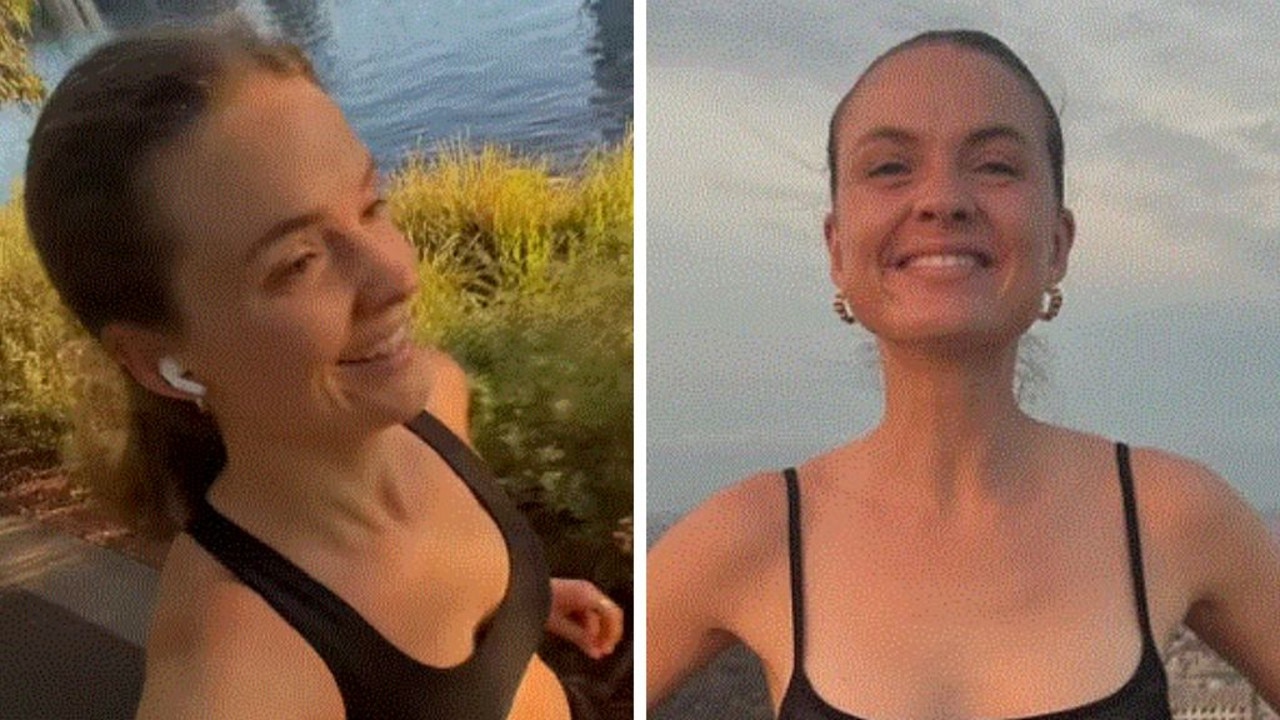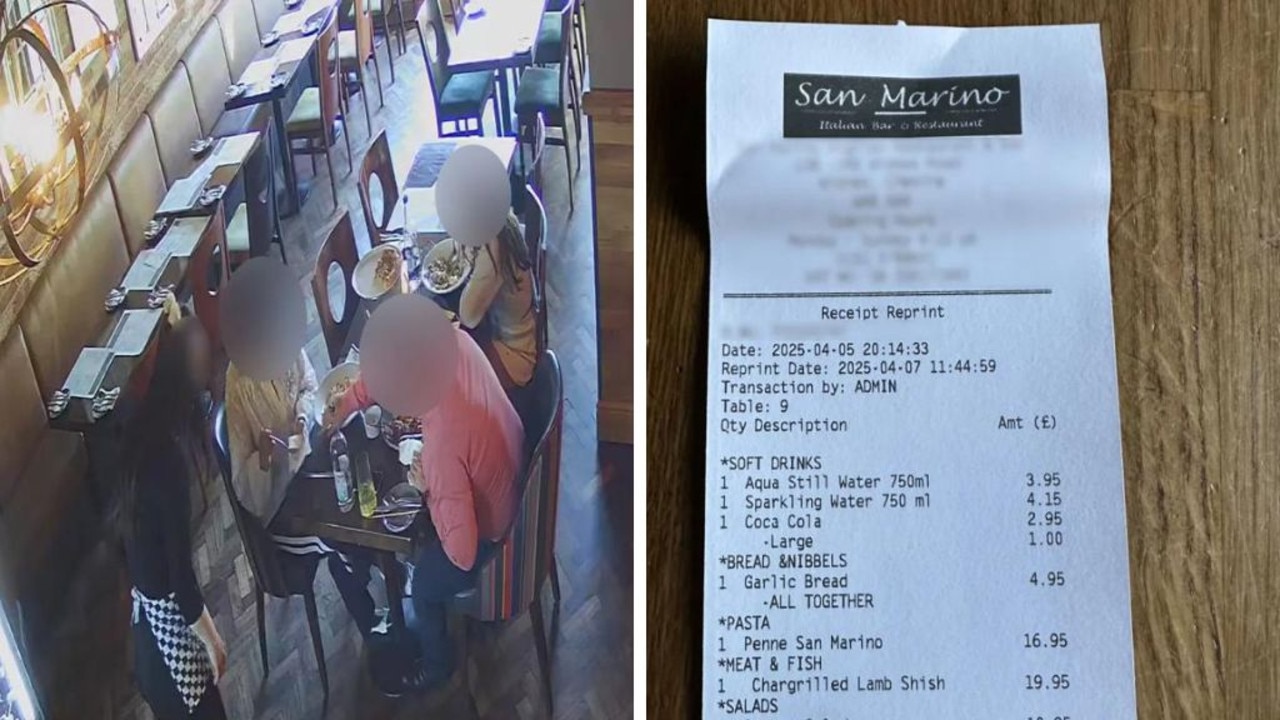Teen jailed for 18 months over McDonald’s fight still in prison 18 years later
Luke Ings was just 17 when he was sentenced to 18 months prison after a fight at McDonald’s. Nearly 20 years later, he’s still behind bars.

British man Luke Ings was just 17 when he was sentenced to 18 months prison after a fight at McDonald’s.
Charged with two robberies and two common assaults over of the 2006 incident at the fast food restaurant in Bracknell, England, Ings was handed an imprisonment for public protection (IPP).
The controversial jail terms were previously issued to offenders who posed significant risk of serious harm to the public. Amid human rights concerns, they were scrapped in 2012, but not for the almost 3000 inmates who had been given one in the years prior.
As a result, the now 36-year-old remains behind bars 18 years later at HMP Wakefield – a maximum-security prison that’s been dubbed “Monster Mansion” for how many murderers and high-risk sex offenders there are inside.
Speaking to The Independent this week, Ings’ mother, Samantha, said she feared her son would not survive unless the government takes action, amid soaring rates of suicide and self-harm among IPP prisoners.
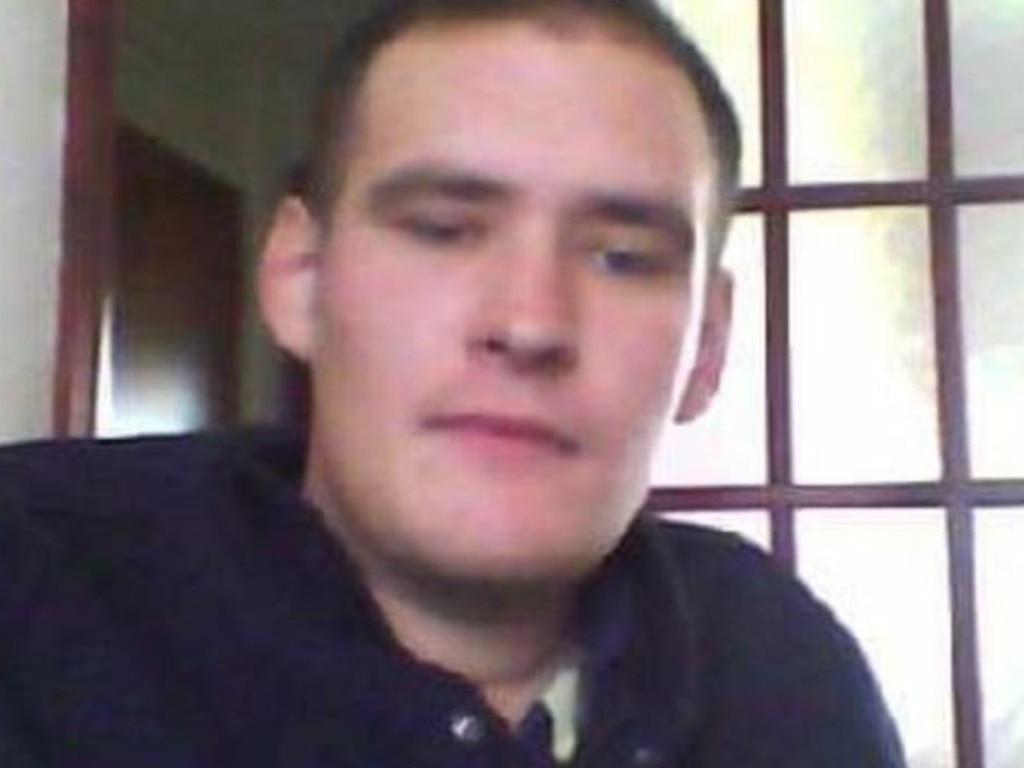
At least 90 prisoners have taken their own lives as a result of their indefinite imprisonment; a further 30 suicides are reported to have occurred upon IPP prisoners’ release.
“It’s wrong, they need to sort this out,” the 57-year-old told the publication.
“I understand if they had murdered someone or raped someone. My son was in a fight in McDonald’s and a street robbery … I don’t know what else to do to get him out.”
Ms Ings added that “there is no light at the end of the tunnel for him”.
If not for the help of her late father – who did not live to see his grandson’s release – she said Ings “would not be in prison now – he would be dead”.
Ms Ings said if the government released non-serious offenders serving IPPs, prison space would be freed up.
“The only fear is some of them have been in there that long, are they going to be able to cope on the outside?” she added, noting Ings’ own changed demeanour over the years into a “nervous man who struggles to make eye contact”.
Prisoners under IPP sentences must prove to a parole board they do not pose a risk to the community before they can be released under strict licence conditions.
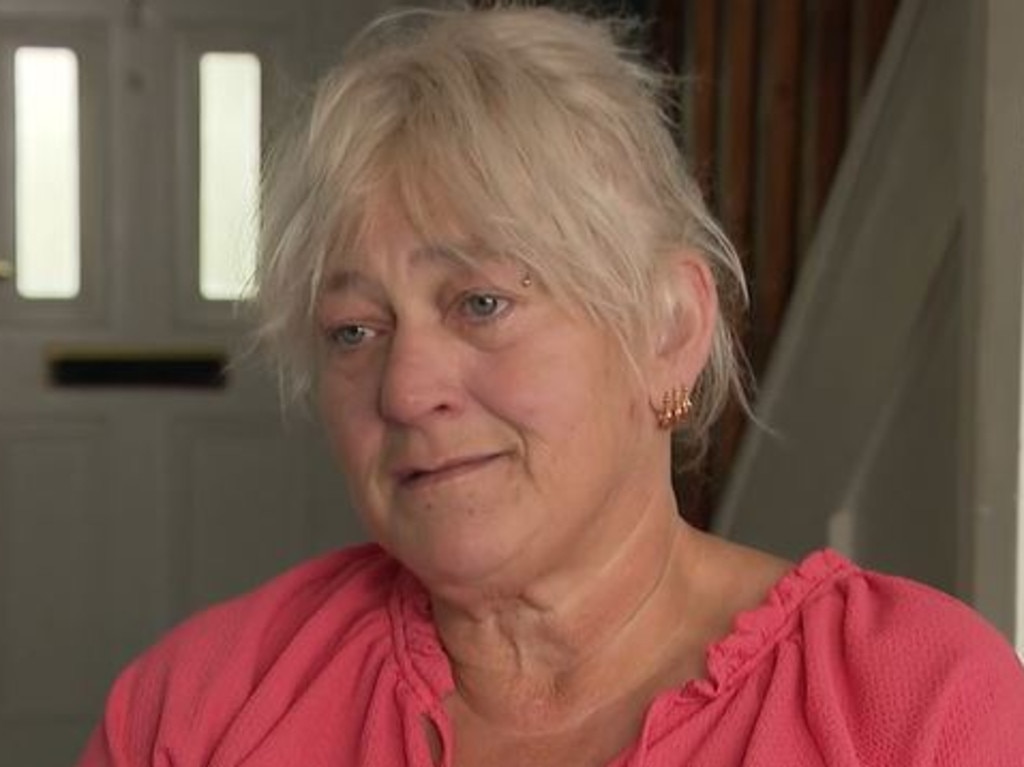
Bracknell MP James Sunderland, who has visited Ings in prison, made a plea in Parliament last May to have him released.
“This is an important issue. I think it would sit uncomfortably with anybody knowing that we have these people in prison,” Mr Sunderland previously told ITV News Meridian.
“I think in many ways once they’ve served their term, we’ve got to work really hard to release them back into the community and give them a chance.
“I think Luke deserves that chance but of course those risks must be managed at the same time and I’m sure there’s a way of doing it.”
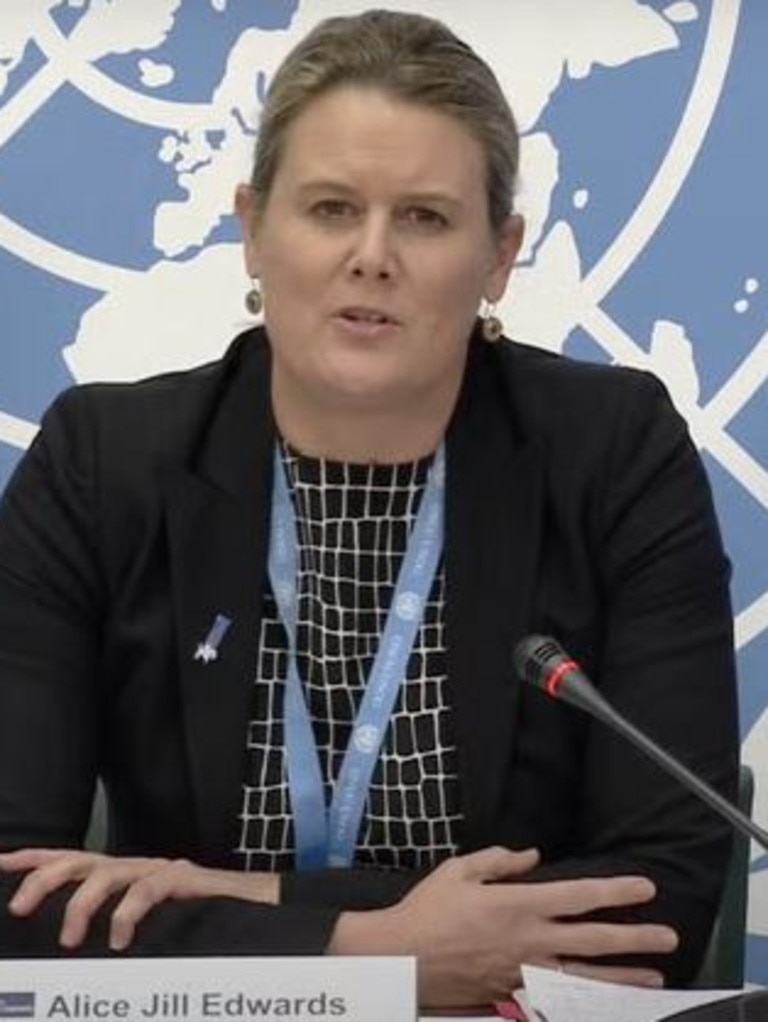
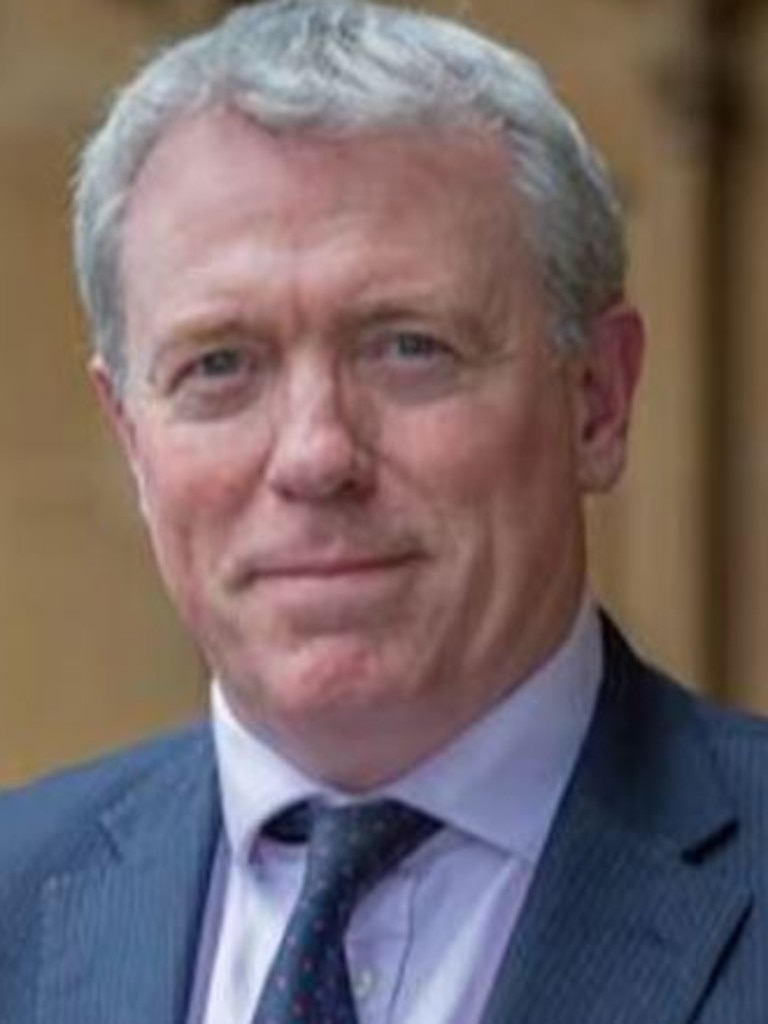
UN special rapporteur on torture, Dr Alice Jill Edwards, also called for urgent action to help those serving the “inhumane” sentences in an appeal to the government earlier this year.
In an op-ed for The Guardian in May, Dr Edwards described IPPs as “a stain on British justice” that “also amounts to torture”.
“IPP prisoners are experiencing a form of psychological torment, which is something that many survivors of torture tell me is worse than any physical violence,” Dr Edwards wrote.
“They often wait years, decades even … languishing in prison, not knowing when they will be released.”
More Coverage
A Ministry of Justices spokesperson told The Independent that it was “right” for IPP sentences to be “abolished” back in 2012.
“The Lord Chancellor is committed to working with organisations and campaign groups to ensure the appropriate course of action is taken to support those still serving IPP sentences,” they said.
“The Prison Service continues to provide additional support to those still in custody, including improving access to rehabilitation programs and mental health support.”





